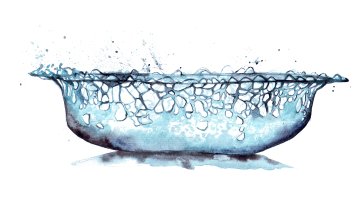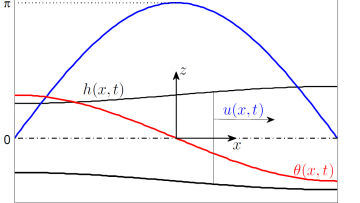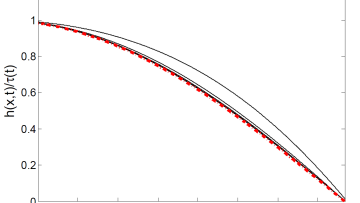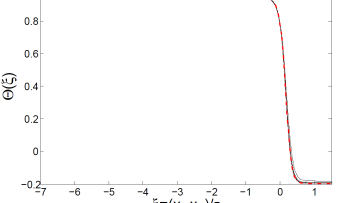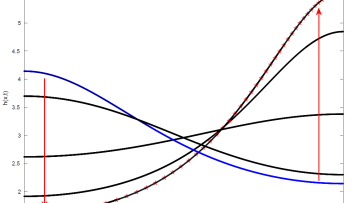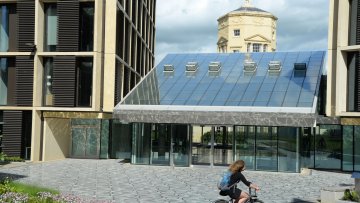14:15
A Beilinson-Bernstein Theorem for p-adic analytic quantum groups
Abstract
The celebrated localisation theorem of Beilinson-Bernstein asserts that there is an equivalence between representations of a Lie algebra and modules over the sheaf of differential operators on the corresponding flag variety. In this talk we discuss certain analogues of this result in various contexts. Namely, there is a localisation theorem for quantum groups due to Backelin and Kremnizer and, more recently, Ardakov and Wadsley also proved a localisation theorem working with certain completed enveloping algebras of p-adic Lie algebras. We then explain how to combine the ideas involved in these results to construct
a p-adic analytic quantum flag variety and a category of D-modules on it, and we show that the global section functor on these D-modules yields an equivalence of categories.



